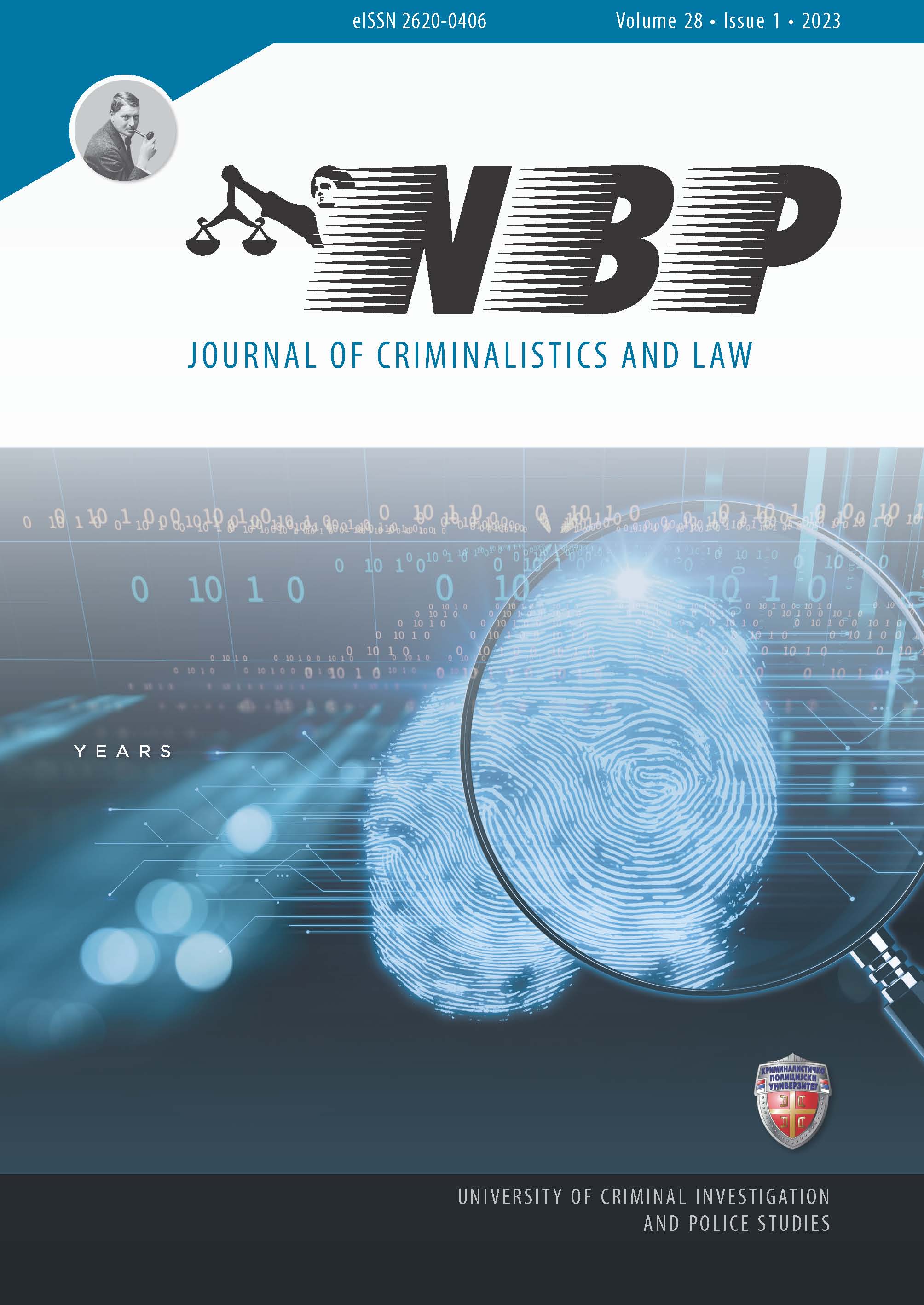Corruption and economic growth in the Republic of Serbia
Abstract
Abstract: Corruption is a phenomenon that causes strong economic, political, social and moral deviations in modern society, and for these reasons it represents a very relevant topic of research. Economic science is a powerful tool for analyzing corruption, and the economic approach is of fundamental importance for understanding where the incentive for corruption is greatest and where its influence is most pronounced. Opposing all forms of economic destruction would facilitate the functioning of the economic system, simultaneously generating fiscal revenues, and a true commitment to the fight against corruption, strengthening the rule of law, improving the efficiency of institutional reforms and the judicial system would encourage long-term economic growth.
The transition is also one of the significant factors that initiates the expansion of corruption in numerous young transitional states, including the Republic of Serbia. Therefore, the essential goal of this paper is to collect and offer a wider range of information and knowledge about the genesis of the problem. The research method includes: the choice and application of scientific methods, the selection of data and the scope of the research. The practical goal of the research is reflected in obtaining new knowledge in relation to the subject of the research, which contribute to solving current and similar problems related to corruption and economic development.
Proceeding from the previously defined problem, the hypothesis on which this work is based is: So far, theoretical and practical research on the impact of corruption on economic growth confirms that the relationship between corrupt practices in our country and basic macroeconomic and microeconomic indicators is inversely proportional.
Keywords: corruption, economic growth, economy, economic crime
References
Begović, B. (2007). Ekonomska analiza korupcije. Centar za liberalno-demokratske studije.
Chandan, H. C. (2019). Corruption, business climate, and economic growth. Socio-Economic Development.
Čudan, A., Ivanović, Z., & Major, G. (2019). Legalization of criminal profit in the course of agricultural privatization: A view from the Republic of Serbia. NBP. Nauka, bezbednost, policija, 24(3), 43‒58. https://doi.org/10.5937/nabepo24-22958>
Čudan, A., & Nikoloska, S. (2018). Ekonomski kriminal. Kriminalističko-policijska akademija.
Gründler, K., & Potrafke, N. (2019). Corruption and economic growth: New empirical evidence. CESifo Working Paper, No. 7816. https://ssrn.com/abstract=3467949 >
Farrag, N. A., & Ezzat, A. M. (2016). The impact of corruption on economic growth: A comparative analysis between Europe and MENA Countries. In M. Erdoğdu, & B. Christiansen (Ed.), Handbook of research on comparative economic development perspectives on Europe and the MENA region (pp. 74‒97). IGI Global. https://doi.org/10.4018/978-1-4666-9548-1.ch005>
Lučić, D. (2018). Uticaj korupcije na ekonomski rast [Doctoral thesis, Ekonomski fakultet Univerziteta u Nišu].
Milinković, B. (2020). Kapitalizam, sam: budućnost sistema koji vlada svetom. Akademska knjiga.
Republički zavod za statistiku. (2021.) Statistički godišnjak.
Stojiljković, Z. (2011). Srbija u lavirintima tranzicije: ogledi iz političke sociologije savremenog društva. Službeni glasnik.
Teixeira, A. A. C., Pimenta, C., Maia, A., & Moreira, J. A. (Eds.). (2020). Corruption, economic growth and globalization. Routledge.

